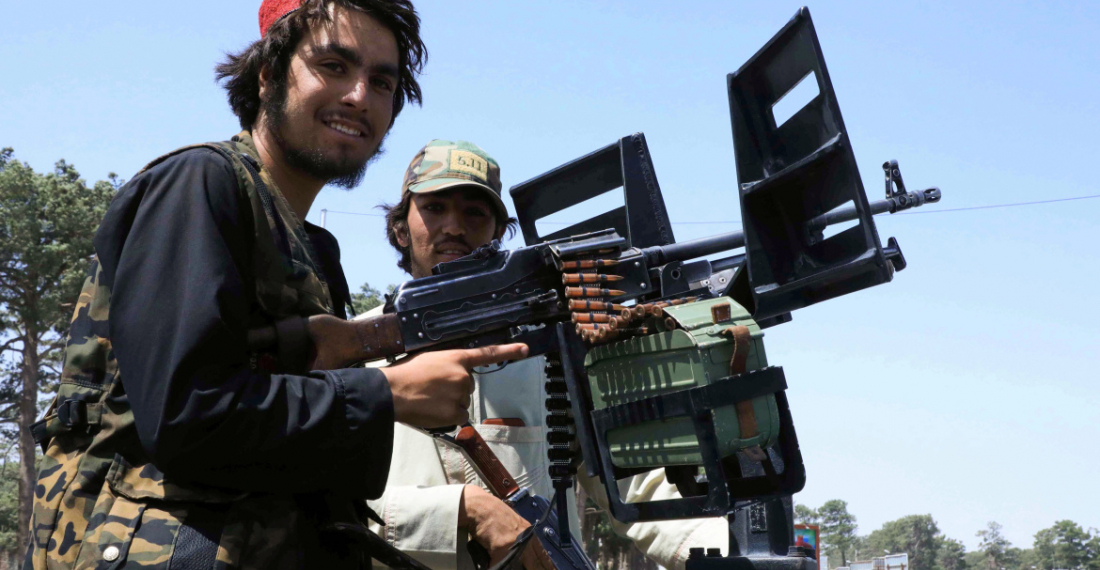The new leaders of Afghanistan are settling in, days after their military fighters swept across the country, forcing out the incumbent president and establishing an "Islamic Emirate".
Whilst Taliban fighters made themselves at home at the presidential office in Kabul, and in other government offices across the capital, the leadership of the Taliban appears to be still concentrated in the city of Kandahar, in the South of the country, the power base of this mainly Pashtun movement. It was to there that the Taliban’s co-founder and political leader, Mullah Abdul Ghani Baradar, flew to from Doha on Tuesday as the militants pledged peaceful relations with other countries and respect for the rights of women.
Baradar though may not be the ultimate authority in the Taliban movement. The Movement's "leader of the faithful" is Mawlawi Hibatullah Akhundzada considered the highest authority in the movement on all political, military and religious affairs. He however, is unlikely to hold any official positions in the new Afghan government, even though all important decisions are likely to ultimately rest with him.
In their first days back in power, the Taliban have been trying to re-assure the international community, as well as Afghans, of their good intentions. They declared a general amnesty for those who had served in the previous government and worked with foreign forces in Afghanistan. They have also assured women that they will have a place in the new Afghan society and government. But all statements coming out from Taliban leaders come with a caveat. Everything has to happen "within the framework of Islam". It is the interpretation of Islam by the Taliban that resulted in the widely documented excesses of twenty years ago when they held power in Afghanistan. The new Taliban may understand the world a bit better than their predecessors of twenty years ago, but the movement remains essentially a religious ideological movement that interprets Islam through a very narrow and conservative prism which allows little space for anyone with a different opinion.
For the moment many in Afghanistan are not ready to take the Taliban at their word. Thousands are trying to leave the country through a bottleneck at Kabul airport, and the process is likely to last for days, if not weeks.
In the meantime, in Kandahar the Taliban prepare their next moves, as Afghans, neighbouring countries, and the wider international community, watch and see how this movement that some had thought dead and buried twenty years ago, comes out from the shadows, and to what extent it will embrace modernity.
source: commonspace.eu
photo: Taliban fighters patrolling the streets of Kabul; after taking over the city on 15 August 2021.






